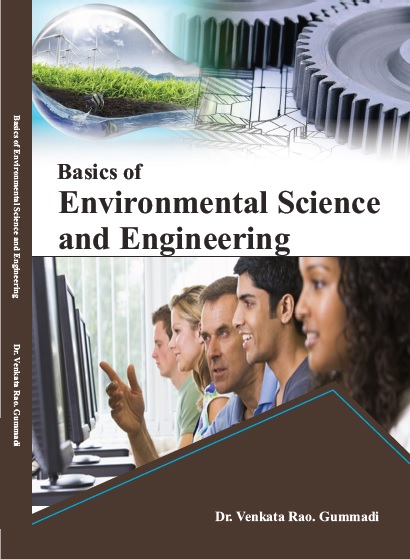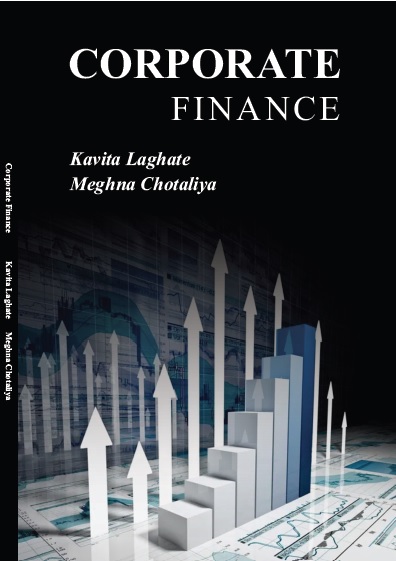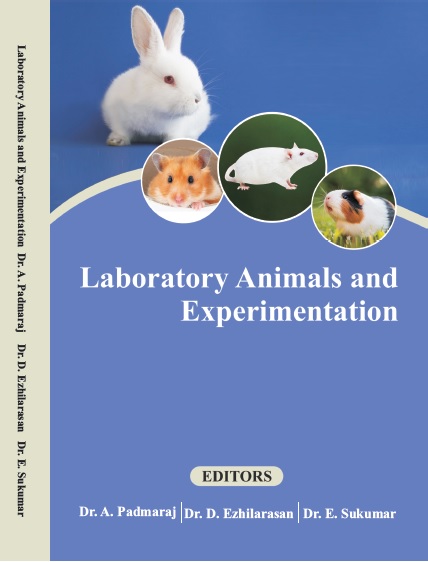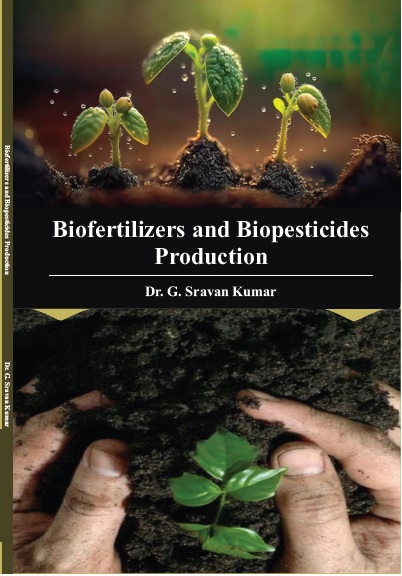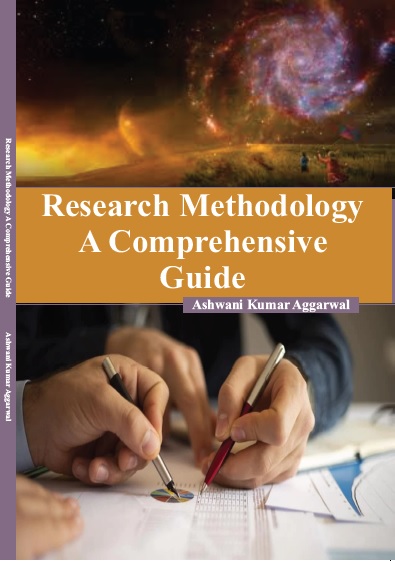SOCIAL SCIENCE AND HUMANITIES
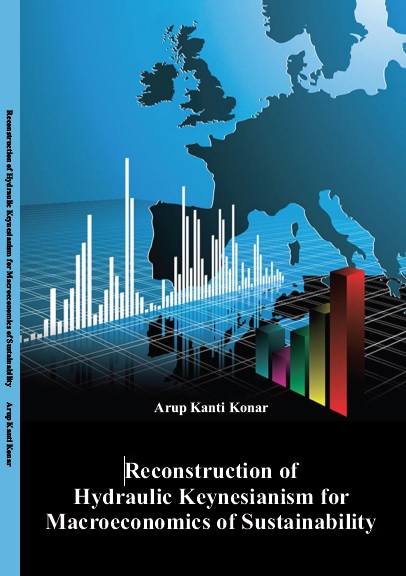
Reconstruction Of Hydraulic Keynesianism For Macroeconomics Of Sustainability
by Arup Kanti Konar
ISBN Number : 978 - 93 - 91478 - 00 - 1
Authors Details
| Author Name | Image | About Author |
|---|---|---|
| Arup Kanti Konar |  |
Dr. Arup Kanti Konar acquired his Ph.D degree from IGNOU, New Delhi, India. His
research interests and publications are not conned to economics discipline only. He is very
ardent to write about sustainability. His famous two articles on sustainability were published
in the journal entitled Mother Pelican: A Journal of Solidarity and Sustainability. He has
twenty ve articles and books published by national and international publishers. He is the
member of the editorial board of more than eight national and international journals. He is
principal and Associate professor of economics of Achhruram Memorial College, Jhalda,
Purulia, West Bengal, India. |
Book Description
The nature and role of macroeconomics is determined by or dependent on context. This means that macroeconomics is contextual or context-dependent. “Sustainability macroeconomics”, “macroeconomics for sustainability” and “macroeconomics of sustainability” (MOS) are interchangeably used. MOS is the eventual outcome of its contextualization. Though the effective life of MOS started since the second half of the 1990s, it has remained in the stage of infancy because of continuous process of (re)construction. The intensication of (re)construction for its further development is being observed since the beginning of the 21st century. Reconstruction of Hydraulic Keynesianism (HK), coined by the English economist Alan Coddington (1941-1982 A.D), in the context of realizing sustainability, is needed in order to contribute to the emerging MOS. Keynes's General Theory (1936) has acquired revolutionarily varied interpretations, reinterpretations and/or misinterpretations, which had been classied by Coddington into three different groups: (i) Hydraulic Keynesianism (HK), (ii) Fundamentalist Keynesianism and (iii) Disequilibrium Keynesianism, while each group includes many analogous/homologous Keynesian models. It needs reiteration that Coddington was the originator of the foregoing categorization, but not the originator of any Keynesian model, which can be put in any one of the foregoing three groups. It is worthy to recall that HK consists of four constituent Keynesian macroeconomic models: (i) Simple Keynesian Model, (ii) Special Keynesian Model, (iii) More General Keynesian Model or ISLM Keynesian Model and (iv) Generalized Keynesian Model. Though HK was introduced in the context of exploring only the “causes, consequences and cures” of the “persistent problem of economic instability” in the capitalist world, yet its reconstructed version can be used to tackle the emerging problem of “ecologically social unsustainability” or “ecologically unsustainable social instability” through the gradual development “dual capitalism”, which implies the coexistence of “ecological capitalism” and “social capitalism”. “Ecologically social unsustainability” or “ecologically unsustainable social instability” is renamed as simply “unsustainability”. Against the foregoing backdrop, this thesis seeks to overcome the ingrained inadequacies of the conventional HK through the compositional transformation of the conventional equilibrium equations of the two models of HK such as (i) Simle Keynesian Model and (ii) IS-LM Keynesian Model. For that purpose, this thesis incorporates the relevant macro-ecological and macro-social/sub-social variables along with the new policy measures and applications into them in the reconstructed version of HK. Since the term “social” consists of various “subsocials”, an initiative is undertaken to describe how the “ecologically 'sub-social' sustainability” or “ecologically sustainable 'sub-social' stability” can be achieved through the desired reconstruction of conventional HK in order to realize the “ecologically social sustainability” or “ecologically sustainable social stability”, which is renamed as simply “sustainability”.







